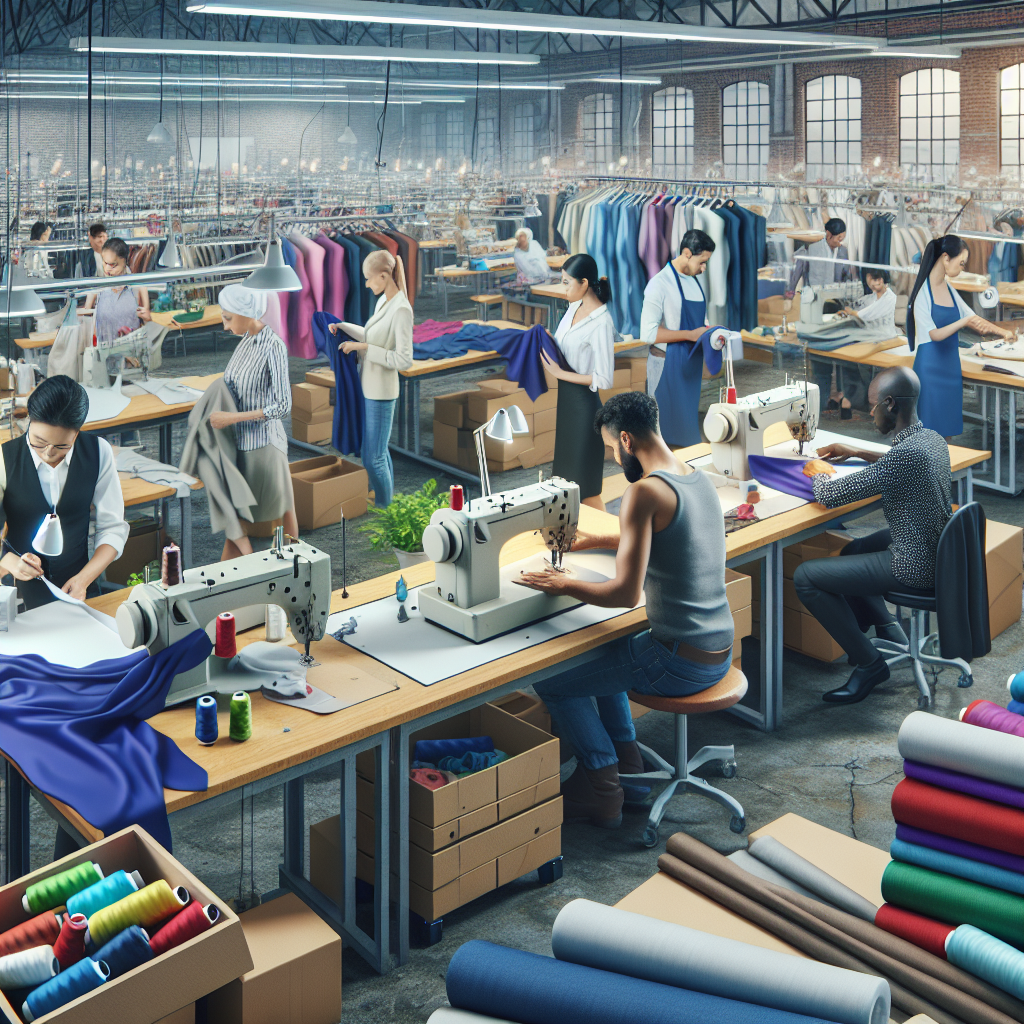Bangladesh's Garment Factories Reopen Amidst Political Instability
Bangladesh's garment factories, which contribute to 90% of the country's exports, resumed operations following violent protests that resulted in Prime Minister Sheikh Hasina's resignation. Despite factory closures and production losses, key brands like H&M announced they would continue support. Nevertheless, some trade redirection has occurred.

Bangladesh's garment factories, forecasted to account for 90% of the nation's exports, reopened this Wednesday aiming to swiftly resume full operations. Production was severely disrupted due to violent protests that led to Prime Minister Sheikh Hasina's ousting earlier this week. Sheikh Hasina fled the country on Monday amid a crackdown on student-led protests since July, which left approximately 300 dead and thousands injured.
Leading garment and textile factories supplying global brands such as H&M, Zara, and Carrefour were forced to halt operations under curfews. "We lost a total of four days of production. It is too early to estimate the financial impact, although there was minimal physical damage to the factories," said Miran Ali, Vice President of the Bangladesh Garment Manufacturers and Exporters Association.
Factories are gradually reopening, with H&M pledging not to demand discounts due to delays. Employees at Dhaka's Urmi Garments, many of whom are female, resumed work, depending heavily on daily wages. Despite reopening, trade tensions exist, with some firms like Hula Global redirecting production to India to avoid risks.
(With inputs from agencies.)










